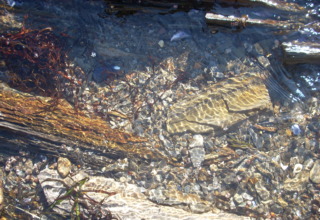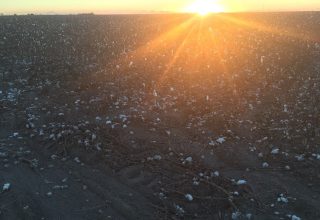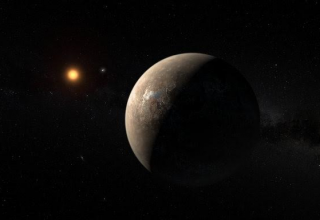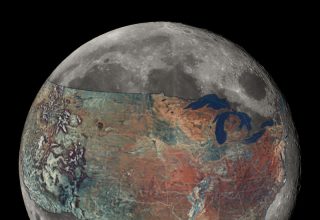
Jonathan Lewis Smith
Between stimulus and response there is a space.
In that space is our power to choose our response.
In our response lies our growth and our freedom.
Viktor Frankl
There is something interesting about the Periodic Table…, all the elements are combinations of each other except for one. That one, Hydrogen, is known for its simplicity and also for its expansive potential.
Earth is one combination of each of these Periodic elements. Every natural element that exists was refined in the forge of a star’s heart, and even mankind’s creations are combinations of the simplest element – the Hydrogen molecule.
Churning through heat and pressure and time, all the other elements (Beryllium, Argon, Helium…), are the result of the life and death of Hydrogen-burning stars. Hydrogen molecules transform through a spectrum of matter and structures into other elements. In any star’s dying moments, its simultaneous explosion and implosion alters the rhythms of physics, throwing the ingredients of the world into existence with a force of creation similar to the Big Bang itself.
All that majestic existence is not transformative, just transforming. One could blame gravity on the happenings of stars, and determine similarly that the elements behave only in the way they would, should, and will – ultimately transformation would be a misnomer, times’ passage colored a pallor of grey even when the space within is brimming with shapes and beings and rainbows. Ultimately we must ask if time has branches, if destiny is fated or if there are avenues through which people’s choices transform the journeys they are on.
As humans we acknowledge gravity, and a world of sound reality. But with molecules moving all around you and beyond your sight, there is little certainty your actions aren’t hydrogen reactions, and not an exercise of free will. With inanimate things, there is no choice, just reactions. Things remain as they are until there is a collision.
With humanities’ qualitative sense of free will, we operate assuming there are many different positive outcomes, even if we are uncertain of consequences. Choice, the instrument of change in the human world, fuels action, and actions certainly create differences. Intentions matter less than consequences after the action occurs, but the phenomena that follow are owed to the certainty that inspired action. Choices in life are dependent on how certain the future seems and the likelihood that actions will catalyze the change one wants. But if those choices are rooted in circumstance can they really be called transformative?
Download Article 1K Club


















